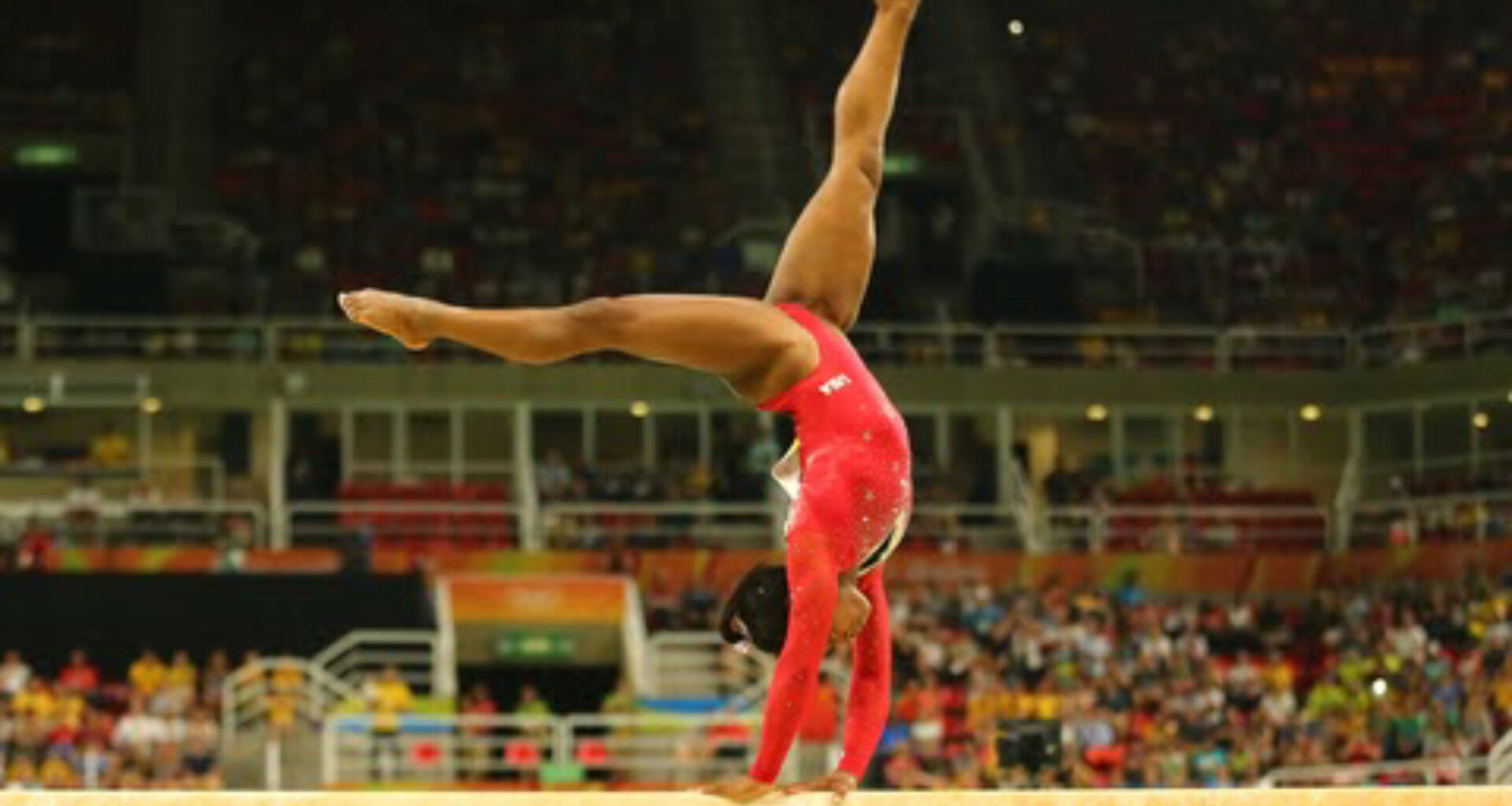Last week the world was stunned to learn about Simone Biles’ withdrawal from the Olympic Games team competition. My Facebook feed was inundated with opinions, both positive and negative. As I scrolled through it, I continued to arrive at the concept of non-judgment. Non-judgment has been on my mind a lot over the past few weeks, and is a core tenant of our DBT mindfulness practice. Non-judgment allows us to see just the facts without evaluating things as good or bad. While we acknowledge the difference between things that are helpful and harmful, we learn to not judge them. Non-judgment also allows us to acknowledge our values, our wishes and emotional reactions without judging them as good or bad.
I’ve noticed my own judgments and emotional reactions as I’ve read about Biles being called a quitter, selfish and needing to have pushed through for her team. The idea of ‘pushing’ is so counterintuitive to what we teach in DBT. I frequently encourage my clients to listen to their gut, even when it is telling them something that they may not necessarily want to hear. When we simply push through, we are essentially putting on blinders and negating our true thoughts and feelings.
On the other hand, I’ve also seen a tremendous outpouring of support and love for Simone. I choose to fall into this camp. Who are we to judge the decisions of others? When working with clients, the discussion over right and wrong frequently surfaces. I remind my clients to detach from the idea of a right or a wrong way of doing things and simply to drop into doing what’s effective. Effectiveness is another mindfulness skill that teaches us to listen to the wise mind and do what works, play by the rules, act as skillfully as you can, and let go of willfulness. By the way, what’s effective for you, may not necessarily be effective for me. None of us walk in one another’s shoes, and certainly not in the shoes of Simone Biles.
As a mental health professional, I want to highlight the impact that trauma and psychological symptoms can potentially have on one’s functioning. Struggling with mental health issues is quite different than simply not feeling like participating in a given activity on a certain day. Someone dealing with such struggles may feel as if they legitimately do not have the capacity to do what is expected of them, as opposed to possessing a lack of willingness. In Simone’s case, her past abuse coupled with the tremendous pressures of the Olympic games certainly could have felt too much. We know that trauma along with environmental stressors often leads to heightened depression and anxiety, which would impact performance. Certainly this may not be operating, but I feel that diminishing or negating this possibility is irresponsible and perpetuates ongoing judgments.
I applaud Simone for doing what she needed to do to take care of herself. I can’t imagine the weight of that decision, especially from an athlete who has trained for several years for this very moment. Being mindfully aware of her blocks allowed her to make a decision that was best for her and ironically, her teammates. As a mother of a competitive cheerleader, I have witnessed the impact that emotional struggles and mental blocks have on physical performance. When one’s head is not in the game, the athlete is at serious risk for injuring not only themselves, but others. I think it takes incredible strength and selflessness to recognize that.
My hope is that the Biles and Osakas of the world continue to model self-care, detach from outside judgments and expectations, and do what is EFFECTIVE. May
we can try harder to not judge them for their decisions and recognize that these are the type of role models we so desperately need.

